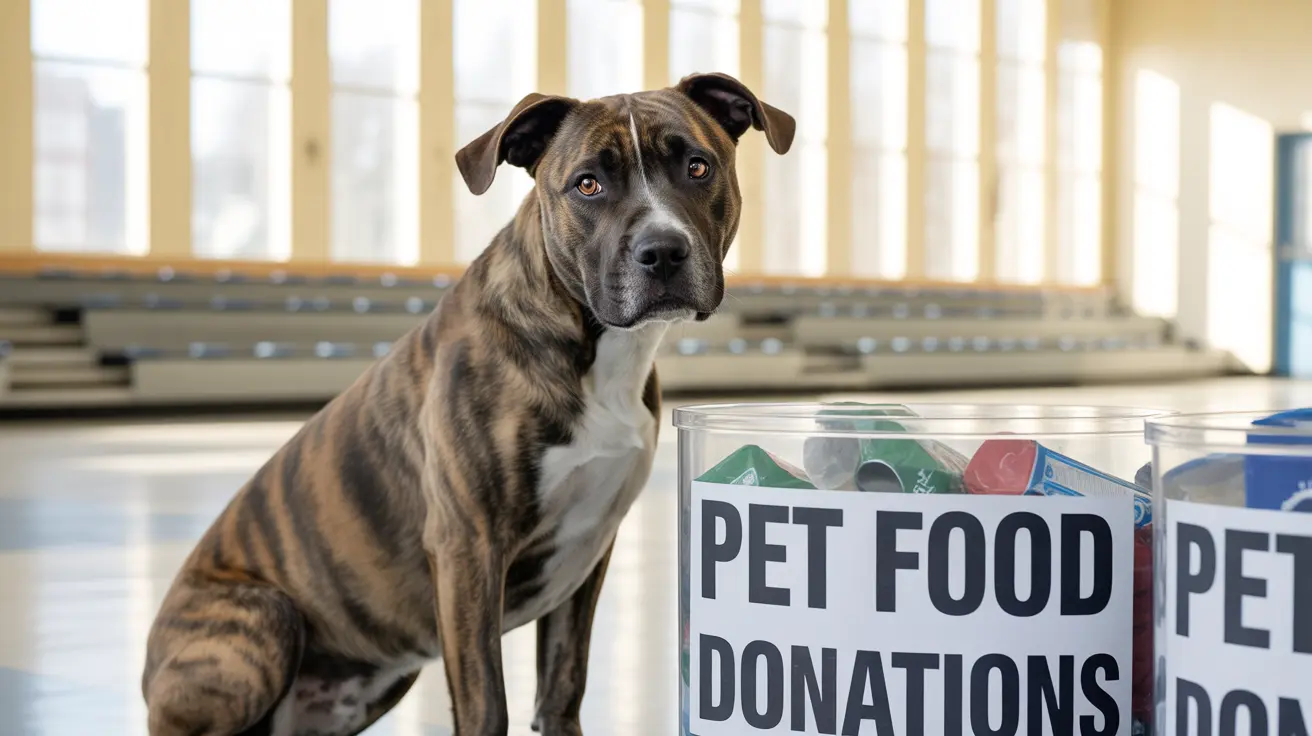Understanding High Protein Dog Food
When you walk down the pet food aisle, you’ll notice some bags labeled as high protein dog food. But what does that really mean, and is it right for your furry companion? Let’s break down the essentials of this type of diet, its benefits, and what to consider before making a switch.
What Makes Dog Food 'High Protein'?
Dog foods labeled as high protein typically contain a higher percentage of protein than standard adult formulas. While regular dog food might have around 18-22% protein (on a dry matter basis), high protein varieties often range from 28% up to 40% or more. These foods use sources like chicken, beef, fish, lamb, turkey, or plant-based proteins such as peas and lentils.
- Animal proteins: Chicken, beef, fish, lamb, turkey
- Plant proteins: Peas, lentils, chickpeas
- Protein content: Usually above 28%
Why Choose High Protein Dog Food?
Protein is vital for dogs—it helps build and repair muscles, supports healthy skin and coat, and fuels their energy needs. Some dogs benefit more from a higher protein diet than others. Here are situations where it might be especially helpful:
- Active or working dogs: Dogs that run, hike, herd livestock, or compete in sports need extra fuel.
- Puppies and growing dogs: Young dogs require more protein for development.
- Pregnant or nursing females: Their bodies demand extra nutrients.
- Seniors with muscle loss: Sometimes older dogs need more protein to maintain muscle mass (always check with your vet).
If your dog spends most days lounging on the couch or has certain health conditions (like kidney disease), high protein diets may not be ideal. Always consult your veterinarian before switching foods.
The Benefits of High Protein Diets
A diet rich in quality proteins can offer several advantages:
- Muscle maintenance & growth: Essential amino acids help repair tissues after exercise or injury.
- Satiety: Dogs often feel fuller longer on high-protein diets—helpful if you're managing their weight.
- Healthy skin & coat: Protein supports fur growth and skin repair.
- Sustained energy: Especially important for athletic breeds or working dogs who burn lots of calories daily.
Pitfalls and Considerations
A few things to keep in mind before choosing a high-protein formula:
- Balance matters: Too much protein without adequate fat or carbohydrates can cause digestive upset or nutritional imbalances.
- Quality over quantity: Not all proteins are created equal—look for named animal sources rather than vague terms like "meat meal."
- Certain health issues: Dogs with kidney problems may need restricted protein; always ask your vet first.
- Lifestyle fit: Couch potatoes usually don’t need extra protein; it’s best suited for active lifestyles.
Selecting the Right High Protein Dog Food
If you decide high-protein is right for your dog, read labels carefully. Choose brands that list real meat as the first ingredient. Check guaranteed analysis panels to compare protein percentages. Avoid excess fillers and artificial additives when possible. Transition slowly by mixing new food with the old over several days to avoid stomach upset.
The Bottom Line: Is It Right For Your Dog?
A high-protein diet isn’t necessary for every dog but can be highly beneficial for those who need it—especially active pups or those with special dietary needs. Always tailor your choice to your dog's age, activity level, and health status. When in doubt about what's best for your pet's nutrition, a conversation with your veterinarian goes a long way toward keeping them happy and healthy!





